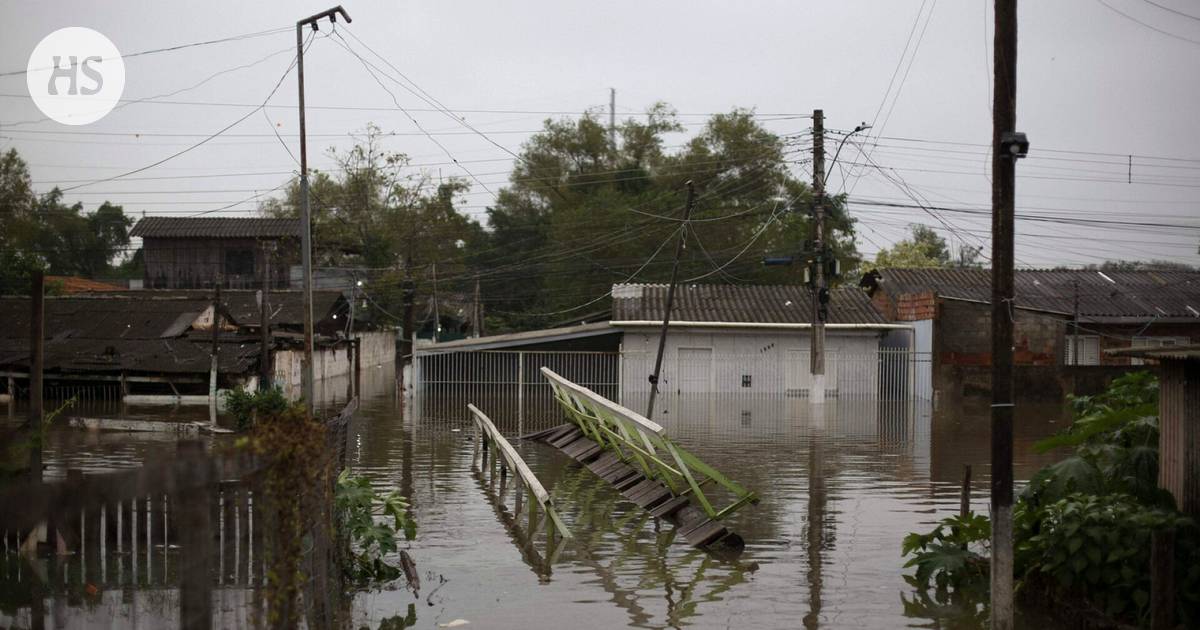In Brazil’s southern region, over a million people are without access to clean drinking water, and nearly 90,000 have been forced to evacuate their homes due to floods, mudslides, and heavy rainfall. The country’s civil protection officials stated that these disasters have resulted in the deaths of at least 70 individuals and more than a hundred are reported missing.
The flooding has affected not only Porto Alegre but also more than 300 other cities and villages in the region. Governor Eduardo Leite of Rio Grande do Sul has emphasized the need for substantial investments in post-disaster reconstruction efforts. Porto Alegre International Airport has halted all flights indefinitely, intensifying the impact of the devastation on the region.
Tragically, two people lost their lives in an explosion at a flooded gas station in Porto Alegre. As the floods continue, water levels are expected to rise even further in the area on Monday. In Porto Alegre, a city with a population of 1.4 million, 70% of the city is without clean water due to overwhelmed water surfaces and strained dams. Masses of water have submerged residential areas, eroded roads, and destroyed bridges, leaving locals stranded on rooftops awaiting rescue. Canoes and small boats are being used to navigate the streets that have become flooded canals.
Environmental scientists attribute these destructive storms to global warming and the El Nino weather phenomenon. Brazil must now focus on recovery and rebuilding efforts to address the aftermath of these natural disasters.
In recent months, Brazil has experienced a series of severe weather events including a cyclone in September that resulted in the deaths of at least 31 individuals. These events highlight the urgent need for investment in post-disaster reconstruction efforts to mitigate future impacts.
The flooding has left many people displaced from their homes and without access to basic necessities such as clean drinking water and shelter. Governments across South America must prioritize disaster risk reduction measures such as building stronger infrastructure against floods and investing in early warning systems.
As recovery efforts begin, communities will need support from governments, NGOs, and international organizations to rebuild their homes and restore essential services like healthcare and education.
Brazil is just one example of how climate change is exacerbating extreme weather events around the world. It is crucial that governments take action now to reduce greenhouse gas emissions and invest in resilience measures that can help communities adapt to changing weather patterns.


